Caroline Nelson ’14 Is a Rancher With an Unconventional Model
Nelson and her husband got into the industry without already owning or taking out big loans to buy land
Caroline Nelson ’14 fell in love with Montana even before coming to Princeton. After graduating from high school in New Jersey, she took a gap year there to work as a ranch hand on Battle Creek Ranch. The experience “was an acceleration of me getting into ranching and becoming really passionate about it,” she says.
Nelson and her husband, Justin, run Little Creek, a Townsend, Montana-based ranching operation with a business model that focuses on sustainability, which allowed them to get into the industry without already owning or taking out big loans to buy land.
She studied anthropology at Princeton, which “just undermines your baseline assumptions about life,” she says. That was especially true for how she viewed her relationship with nature. “We talked about the idea that we think nature is this thing that is separate from us. It’s out there and we look at it through a window, and we study it as if we’re not part of it,” she says. This idea has informed how she thinks about her role in ranching.
“I try to see this whole ranch and enterprise as an ecosystem, and my job as manager of it is to fundamentally work within the system that’s already happening and surrounding me,” she says.
After graduating from Princeton, she toured as part of the band Caroline Reese and the Drifting Fifth (Reese is her maiden name), which opened for singers including Chris Stapleton and Ben Folds. But after three years, she was tired of the monotony of that kind of music life.
In 2017, she packed up her car and drove to Montana to work as a ranch hand. While there, she saw an ad on Craigslist for four free Icelandic sheep and picked them up just weeks before they began lambing. She’s been adding to the flock ever since. “Now we have a full-fledged ranch,” she says, which sells various cuts of beef and lamb and other ranch-related products, like honey and sheep’s milk soap, directly to customers all over the country.
They practice regenerative agriculture, where livestock don’t graze in one spot all the time, but rotate so that they can find tall fresh grass, while fields they’ve already grazed through can rest and recover. This leads to heathier animals and soil, encourages biodiversity, and builds drought resilience.
The difference between Little Creek and most ranches is that the Nelsons don’t own land. Instead, their livestock runs on leased or rented ground, or as part of larger herds that other ranchers maintain. They also take care of the whole herd in exchange for pasture and feed.
“I try to see this whole ranch and enterprise as an ecosystem, and my job as manager of it is to fundamentally work within the system that’s already happening and surrounding me.”
— Caroline nelson ’14
Nelson thinks of Little Creek as a scrappy small business because it’s running on a new kind of operating style. “Because we don’t have land debt, we’ve tested a business model where we’ve been able to avoid the pitfalls of conventional ranching like needing big, expensive financing and operating loans,” she says.
Little Creek has also found business opportunities in introducing people to the Western and ranching lifestyle, like through their annual Cowgirl Camps. Ranging from $2,400 to $2,700, these are retreats for women who are interested in learning more about what it’s like to live this way. Little Creek partners with other ranches that provide the facilities and space. In exchange, Little Creek does the marketing and event planning, which includes bringing in experts who can teach attendees things like rope lessons, native plant education, and natural horsemanship.
The last time Little Creek ran Cowgirl Camp, it got 400 applications for 80 spots within 48 hours. “We try to create an atmosphere where we’re all learning and here’s how to do it and we can all suck at this together,” she jokes. They’ll also plan private Cowgirl Camps for groups of women who book together.
In March 2023, Nelson started the Chews Wisely podcast, where she and guests discuss issues around food and sustainability. “I’m exhausted with unnuanced food hot takes,” she says. In its first season, the podcast tackled everything from pantry cooking to the lives of honeybees to the wonders of wool. She plans to launch a second season this March.
Nelson credits her time at Princeton with helping her be successful in this new kind of ranching life, not just in the lessons she took from studying anthropology, but also through her time in what became more than just an extracurricular activity. She was a member of and business manager for the Shere Khan a cappella group. “It’s a small business,” she says, adding that she loved planning tours, booking gigs, and handling the financial aspects of making the group successful — which is similar to what she does today.
Princeton also “taught me to do my homework,” she says. “Getting through Princeton was so rigorous and hard that it prepared me so well for ranching. I knew I could do this.”


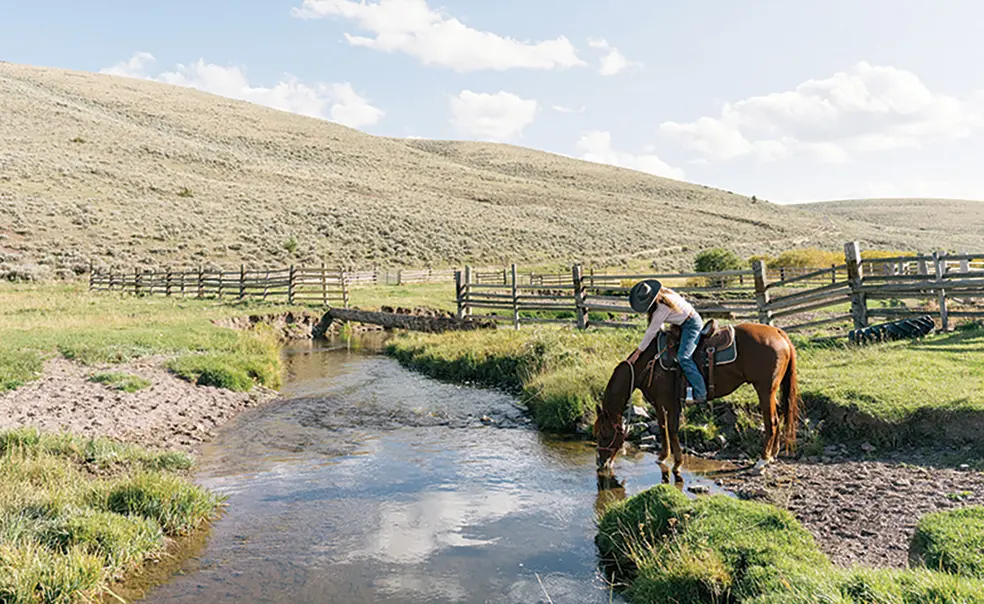
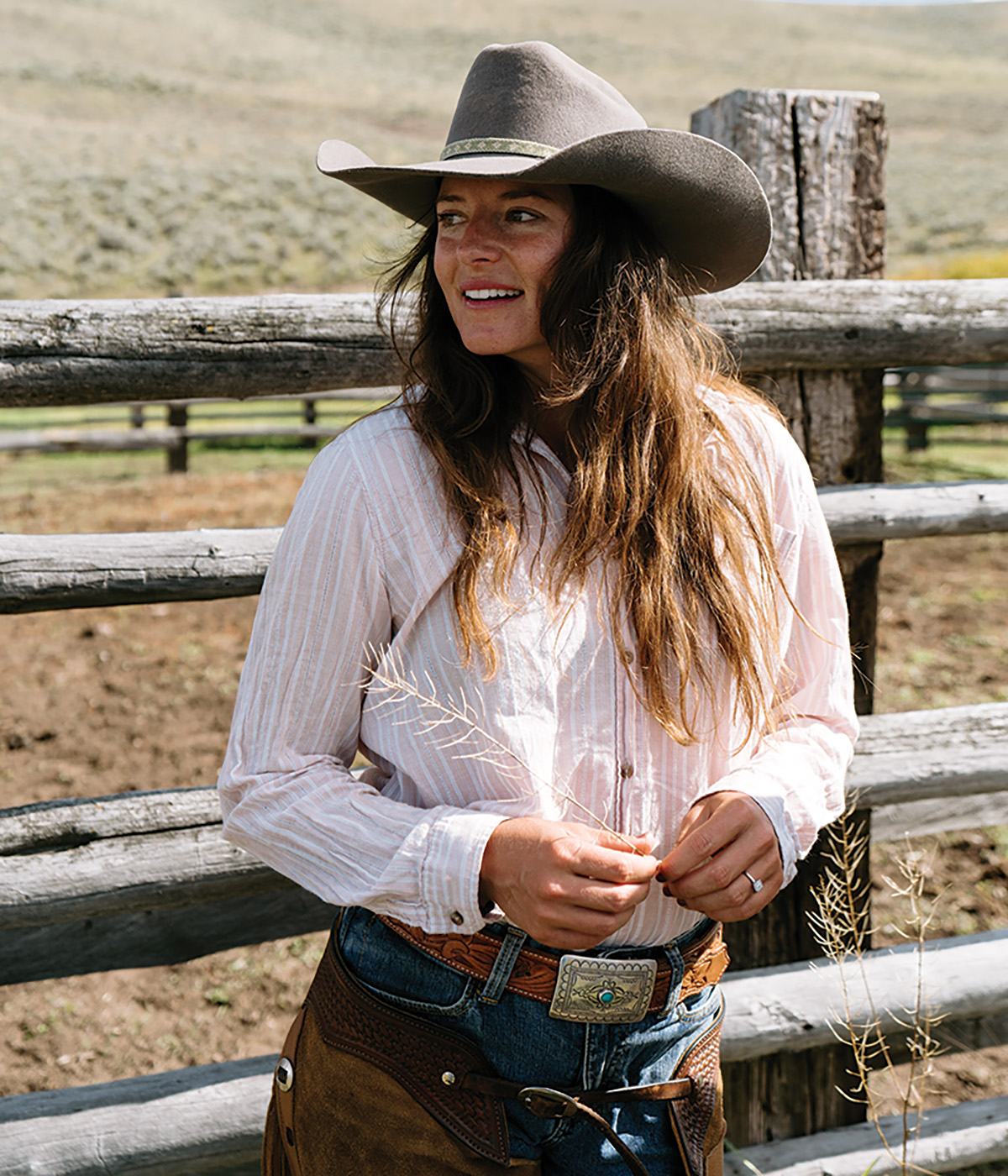
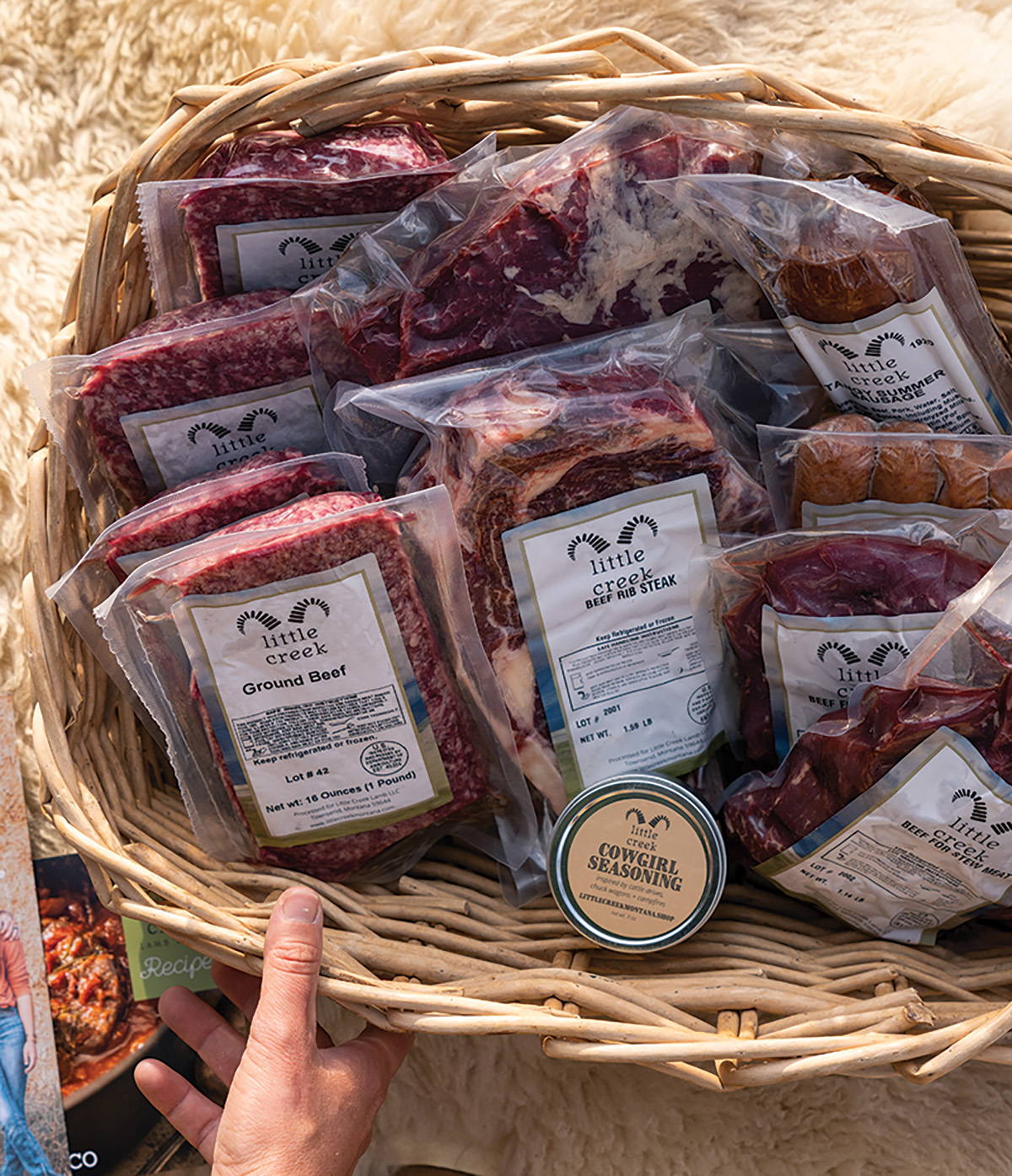
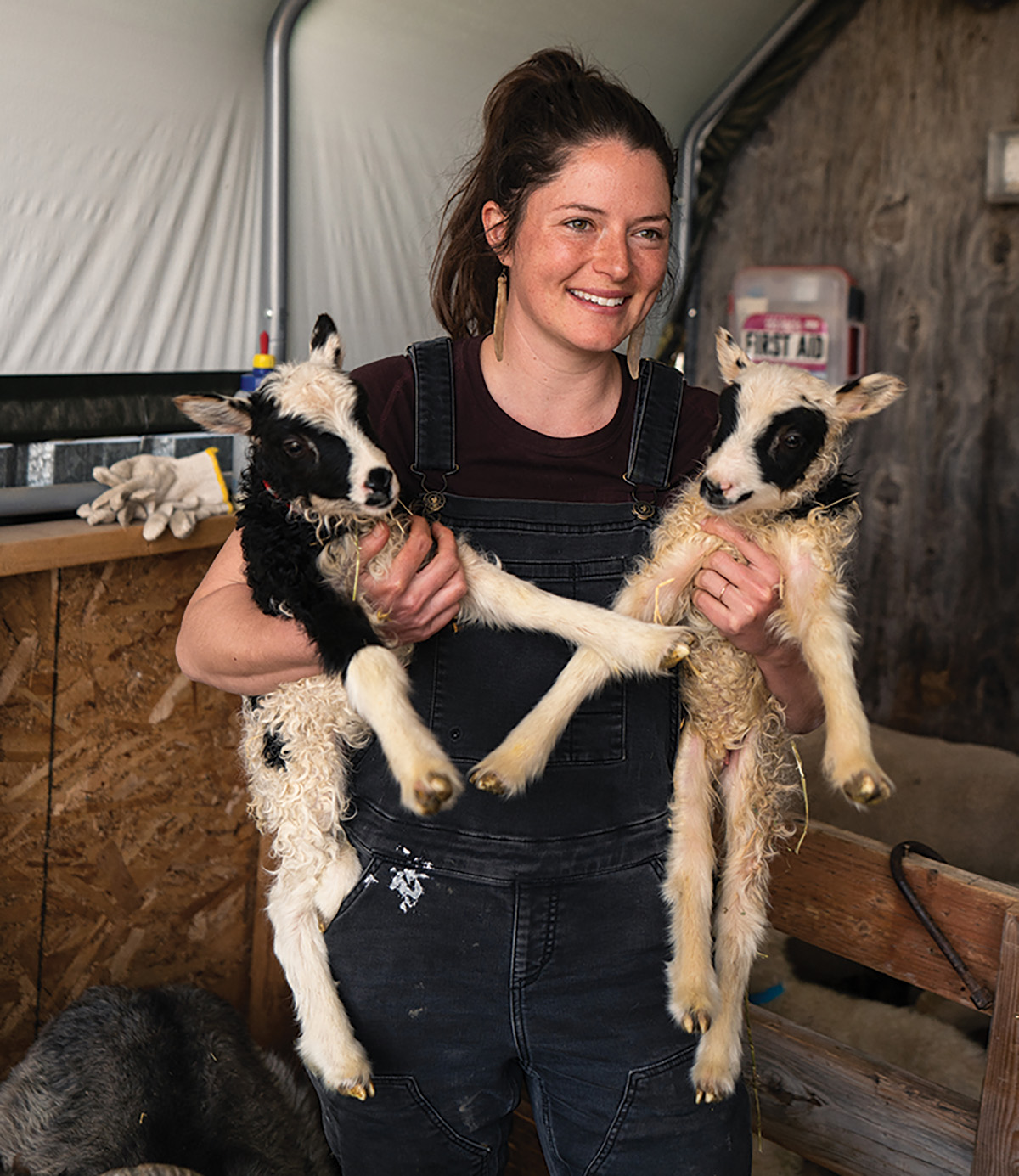
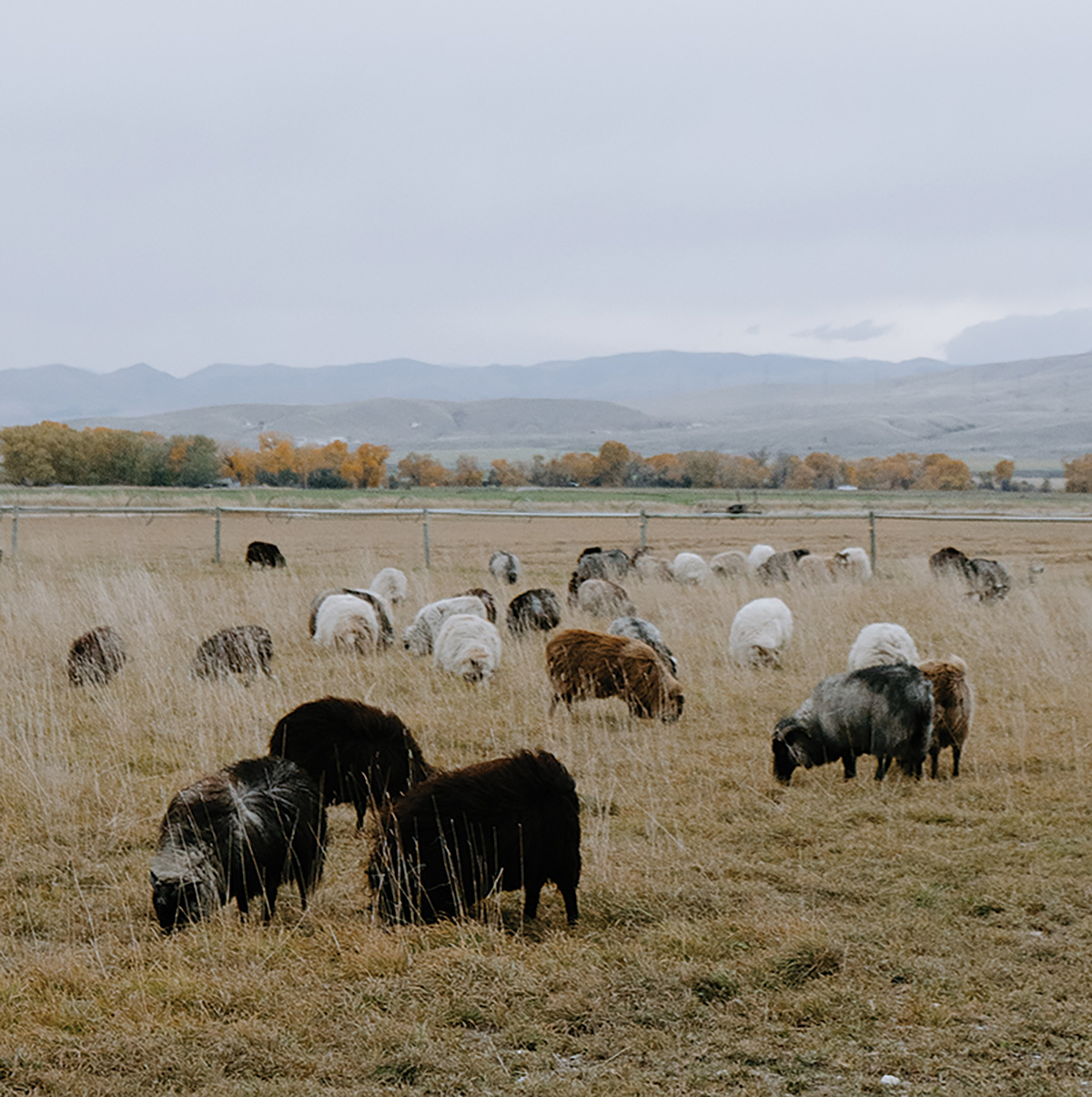









1 Response
Alex Zarechnak ’68
1 Year AgoFood Sovereignty Panel at Reunions
Caroline Nelson ’14 invites us into her inspiring Montana ranch where she practices regenerative agriculture, e.g. with livestock that don’t graze in one spot, leading to healthier animals and soil, biodiversity, and drought resilience. Meanwhile, in neighboring Oregon, Lindianne (Sarno) Sappington ’76 and husband Arthur spearhead a similarly inspired food sovereignty initiative including regenerative agriculture, watershed management, and self-governing farming freedom (snakerivermusicgardens.org).
In the upcoming 2024 Reunions, Lindianne and Arthur will describe how their work in Oregon is being applied as a food forest NGO in Uganda, to avert a famine. Joined by other experts in agriculture and economics, the Reunions panel will explore how the harmful effects of the net-zero emissions mandates on farming must be overcome with food sovereignty and food security initiatives. It will be livestreamed; look for an event titled “The Great Escape from the Net Zero Hunger Games,” sponsored by the Conservative Princeton Association.